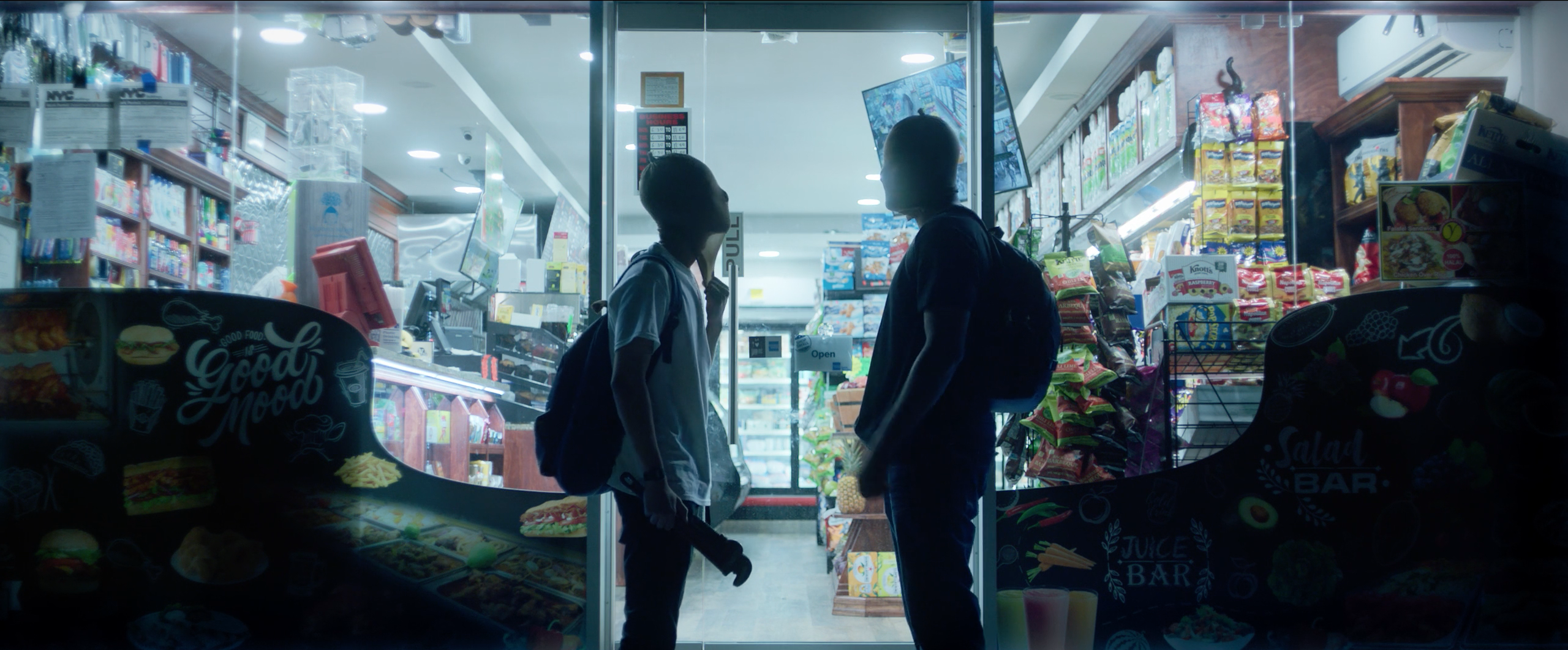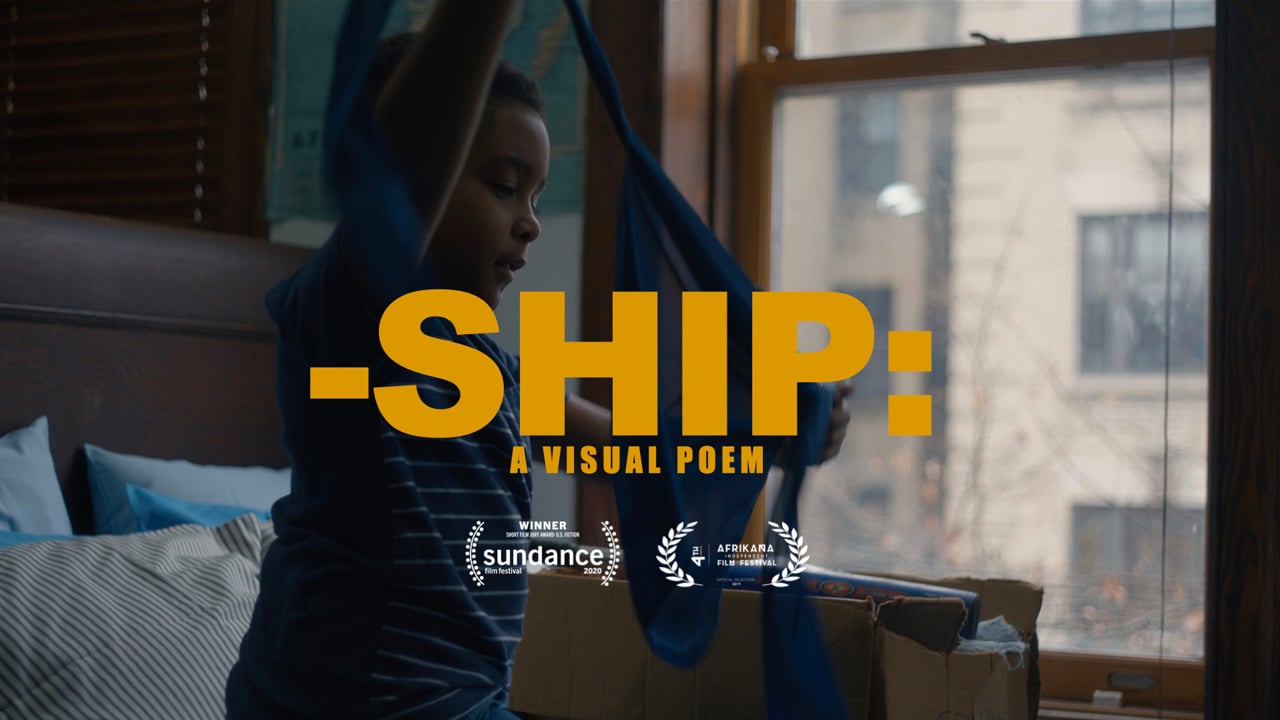Urbanworld Film Festival advances inclusion in the film industry by creating a platform that highlights diverse storytelling from around the world. This year, Vimeo is proud to present a Staff Pick Award to a director in their incredible lineup of short films.
The winner of the Staff Pick Award goes to “Eagle” from director Jose Acevedo, a film that plays with familiar narrative tropes by twisting the viewer’s expectations to make a poignant statement.
“Eagle,” which premiered at Los Angeles Latino International Film Fest before screening at Urbanworld, now is debuting exclusively on Vimeo this week and we couldn’t be more thrilled.
We reached out to Jose ahead of the release on Vimeo to learn about the film and his creative process. Read on for excerpts from our conversation.
On pulling inspiration from personal experience:
“The story at the center of this film is one of those stories that’s been around forever, but I heard it for the first time a couple of years ago. I was at a conference for marginalized people who work in entertainment and it was told to us by the moderator. I believe their intention was to make us feel like we are all special eagles, but at the time all I could think was 'So... I guess f*** those chickens?' And to be honest I think that’s bull****. It immediately took me back to my upbringing on the west side of Chicago. Ultimately, what inspired the film was my anger at the messaging I got as a kid that boiled down to, ‘You’re smart in a very particular way, but your friends and family are not, so you need to get as far away from us as you can.'”
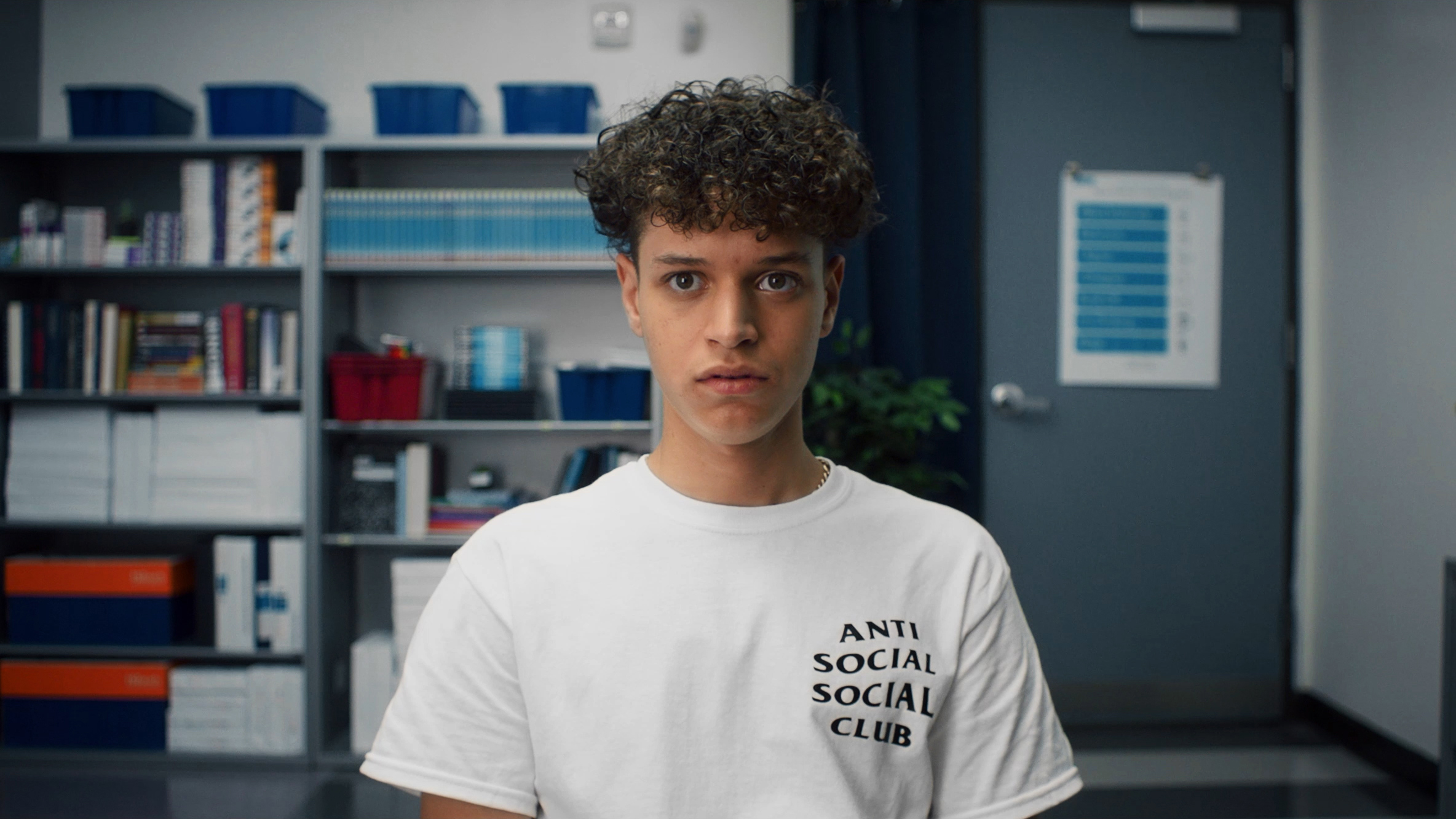
On choosing a subject for your first film:
“This is my first film, so I knew I wanted to do something personal. Also, I’m obsessed with high school narratives. However, most of my favorite films about kids from the hood follow the arc of ‘good kid surrounds themselves with the wrong people, are put in a situation where they can make a bad decision, ultimately make a good decision, then get into Harvard.’ No shots to those movies, because I truly love and admire them, but I thought it was important to explore the notion that not every good kid makes a good decision in these life defining moments. At least that’s been my experience.”
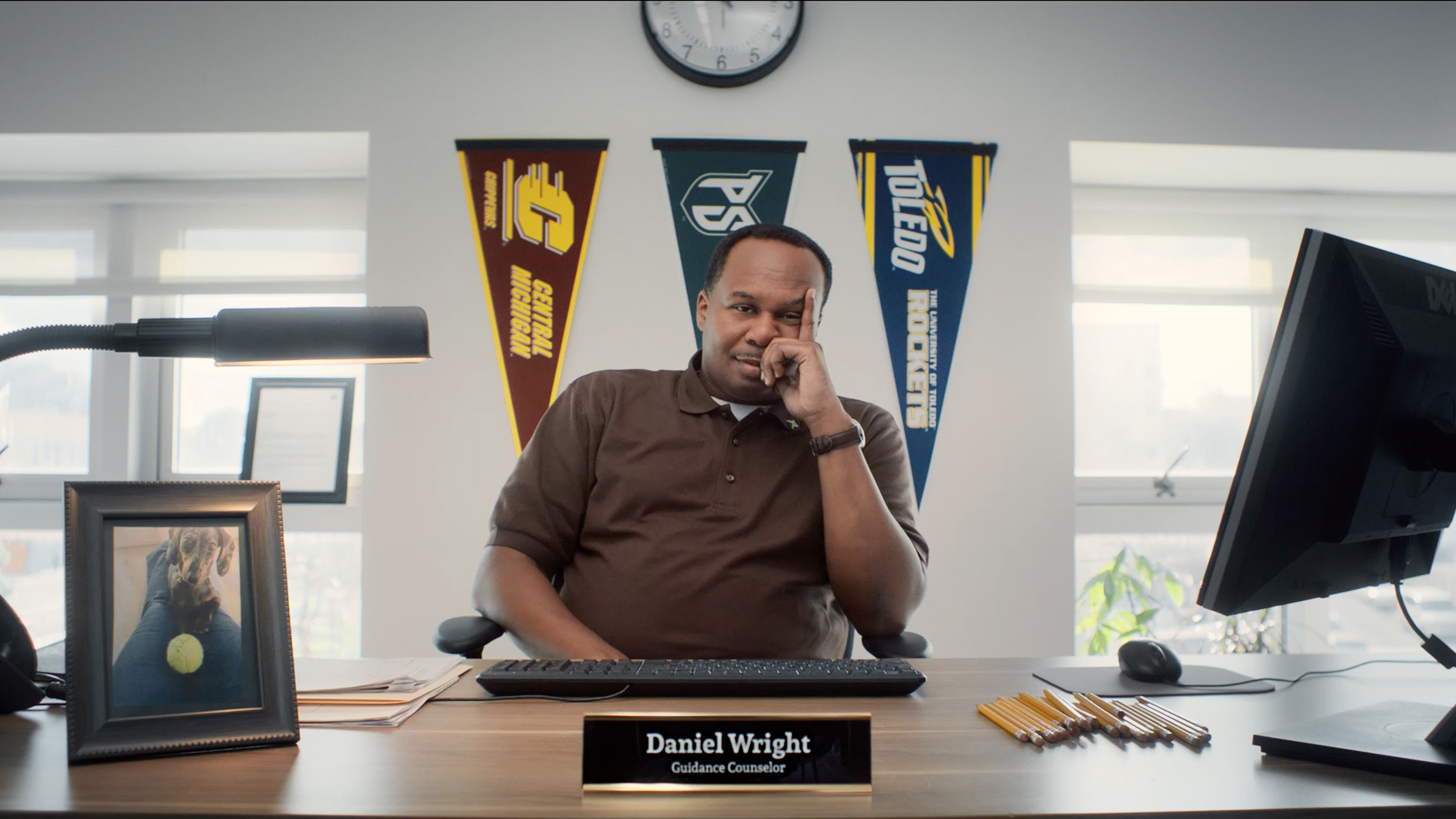
On finding the right cast for your project:
“I wrote the part of Daniel (the guidance counselor) for Roy [Wood Jr.]. I started the script with that scene, trying to write in his voice and the rest of the story built off of that. I think Roy is one of the funniest people on the planet and an incredibly gifted actor who has so much empathy. Previously, I was lucky enough to work with him on a couple of shoots as a development executive, but was terrified to send him something that I wrote. I remember I was on vacation and sent him this very tepid email asking him if he’d read the script. He immediately called me and was like ‘I’m in. You’re a good dude and I want to help you out.’ I was floored!
Danny [Taveras] (Edgar) was a recommendation from this incredible casting director I know named Andrew Femenella. They read the script as a favor — we didn’t have money to hire them — and were like, ‘Oh, you’re gonna want Danny.’ We auditioned tons of people for the part but the moment Danny first read, Lexi and I looked at each other like, ‘Yeah this is him.’
Antonio [Ortiz], (Luis) is just is that dude. I remember when we first met to talk about the script, we were in Soho and went to a La Colombe to get coffee. As we got closer to the register he leaned to me and whispered, ‘So how do I order a light and sweet here.’ I had no idea either, so we got into this convo with the barista and by the time we had our ‘Cafe Au Laits,’ I was obsessed with him.”
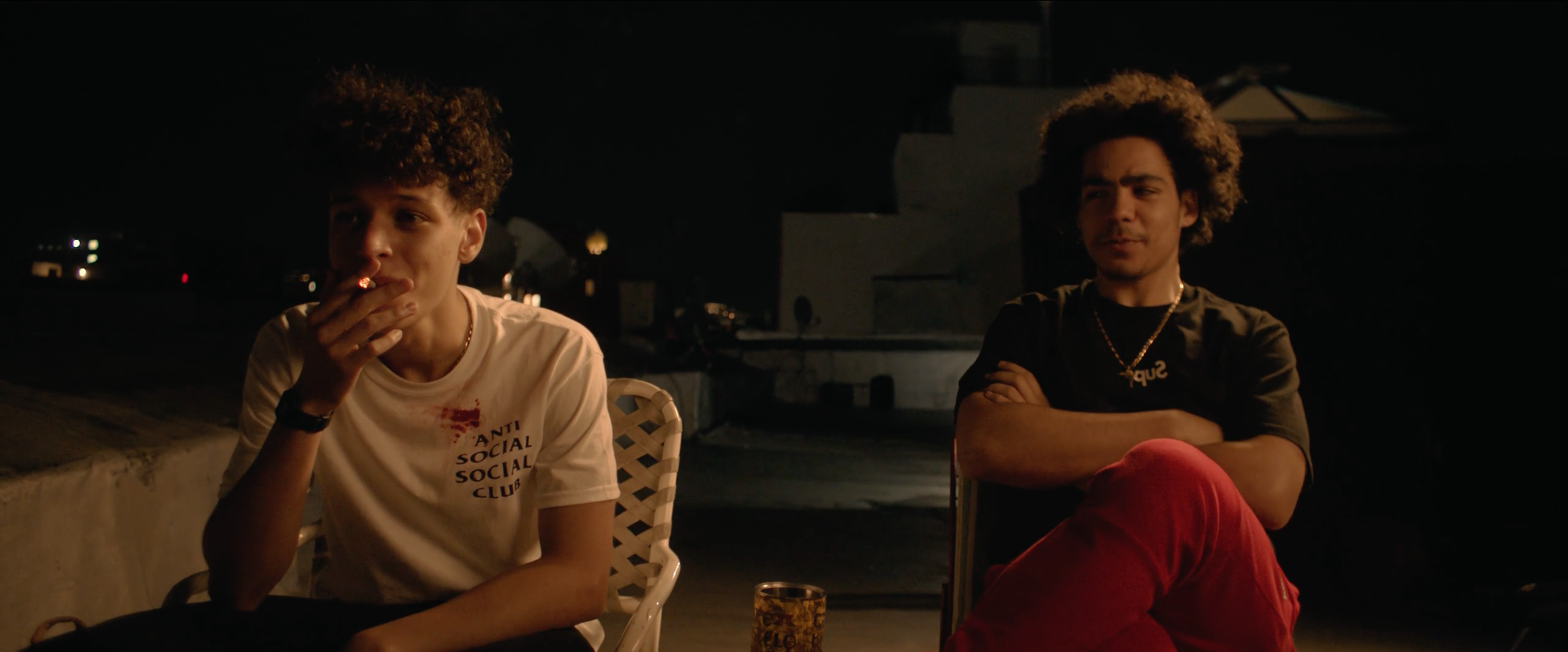
On the message of the film:
“What I hope people see in Edgar’s story is that for every kid who ‘makes it out’ there’s a bunch who could have, but things just didn’t go their way. The world isn’t this binary where you’re either an eagle or chicken. Real life is a lot messier and unfortunately the margin for error for kids from low income communities is razor thin. I don’t fault Edgar for what he does, I hope the audience doesn’t either. Antonio told me that when he read this script, he thought about the saying ‘Pressure makes diamonds, but it also bursts pipes’ and I really like that.”
